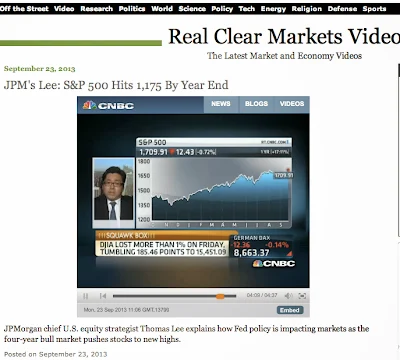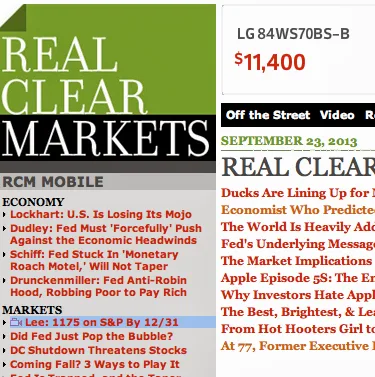J. P. Morgan explains gold's rise as having something to do, in part, with "waning confidence in fiat currencies." 😏
Why should anything pegged to fiat be more confidence inspiring, especially involving PayPal?
People who've been permanently banned by PayPal this morning are probably saying, "Couldn't have happened to a finer company".
This event should be good for fiat, and really good for gold, which won't suddenly be minted by anyone to the tune of $300 trillion, at least not until Elon Musk lassoes one of them thar asteroids.
PayPal’s crypto partner mints a whopping $300 trillion worth of stablecoins in ‘technical error’
Paxos, the blockchain partner of PayPal, mistakenly minted $300 trillion worth of the online payment giant’s stablecoin on Wednesday in what the company called a “technical error.” ...
Transactions on Etherscan showed that the mistake had been fixed after about 20 minutes.
PYUSD is advertised as a dollar-pegged stablecoin that is fully backed by U.S. dollar deposits, U.S. treasuries and similar cash equivalents. Therefore, PayPal says the tokens are always redeemable for U.S. dollars on a 1:1 basis.
However, the technical error highlights that the dollar peg is guaranteed by PayPal and its independent third-party attestation reports, rather than intrinsically tied to the minting of a stablecoin. ...













